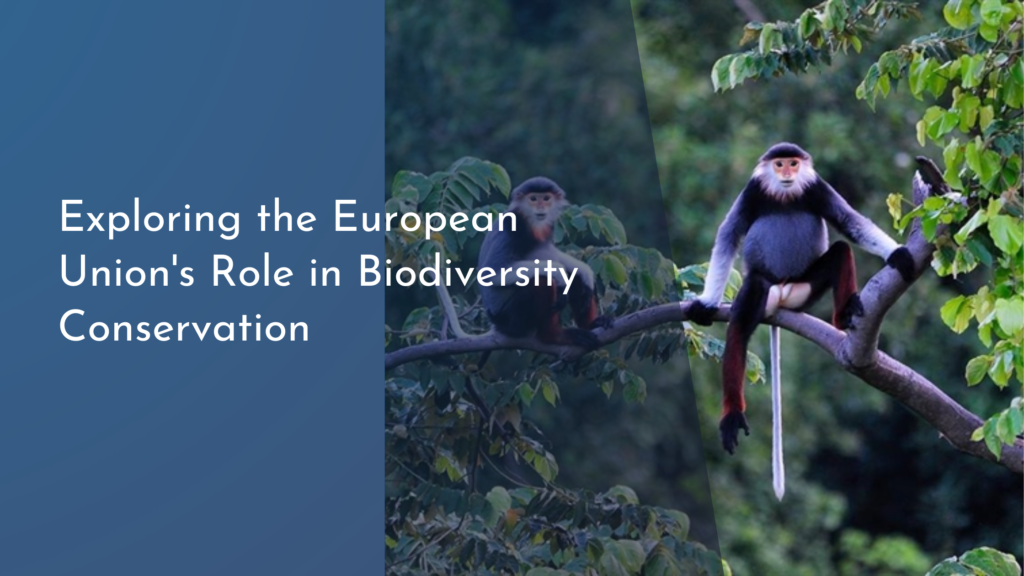Organic Farming and Climate Change Mitigation
Organic farming has emerged as a beacon of hope in the quest to mitigate climate change. As the world grapples with the adverse effects of global warming, sustainable agricultural practices such as organic farming offer a viable solution. By fostering biodiversity, enhancing soil health, and reducing dependency on fossil fuels, organic farming not only sustains our planet but also contributes significantly to the fight against climate change.
Understanding the Basics of Organic Farming
Organic farming is an agricultural method that prioritizes the use of natural substances and processes to cultivate crops and livestock. Unlike conventional farming, which relies heavily on synthetic fertilizers and pesticides, organic farming employs natural fertilizers like compost, green manure, and bone meal. This method enhances the fertility of the soil and promotes a healthier ecosystem. Additionally, organic farming incorporates crop rotation and companion planting, which play pivotal roles in pest management and soil enhancement.
At its core, organic farming is about working in harmony with nature rather than against it. This approach encourages the growth of a diverse range of plants and animals, contributing to a balanced ecosystem. By avoiding synthetic chemicals, organic farming maintains the natural biodiversity of the soil, ensuring that beneficial microbes thrive. This not only promotes healthier crops but also fosters a resilient environment capable of withstanding adverse climatic conditions.
The Role of Organic Farming in Carbon Sequestration
One of the remarkable benefits of organic farming is its ability to sequester carbon in the soil. Carbon sequestration involves capturing atmospheric carbon dioxide and storing it in the soil, thereby mitigating the effects of climate change. Organic farming practices such as cover cropping, reduced tillage, and the application of organic amendments enhance the soil’s capacity to store carbon. This not only reduces atmospheric carbon levels but also improves soil structure and fertility.
Moreover, organic farming supports the growth of deep-rooted plants and trees, which can store significant amounts of carbon underground. The roots of these plants capture carbon dioxide and convert it into organic matter, which is then stored in the soil. This long-term carbon storage is an effective way to decrease the concentration of greenhouse gases in the atmosphere, making organic farming a powerful tool in climate change mitigation.
Reducing Greenhouse Gases through Sustainable Practices
Organic farming significantly reduces greenhouse gas emissions through sustainable agricultural practices. By minimizing the use of synthetic fertilizers and pesticides, organic farming decreases the release of harmful nitrous oxide, a potent greenhouse gas. Instead, organic farmers rely on biological pest control and organic manure, which have a lower carbon footprint and contribute to a healthier planet.
Additionally, organic farming reduces the dependency on fossil fuels required for the production and transportation of synthetic agricultural inputs. By utilizing on-farm resources and adopting energy-efficient practices, organic farming reduces the carbon emissions associated with conventional agriculture. This not only contributes to a reduction in overall greenhouse gas emissions but also promotes energy sustainability within the agricultural sector.
Embracing Organic Farming for a Greener Future
Transitioning to organic farming is a crucial step towards building a sustainable and resilient future. By prioritizing eco-friendly practices, organic farmers contribute to the creation of a greener planet. Governments and organizations worldwide are recognizing the potential of organic farming and are providing support to encourage its adoption. This global shift towards organic practices is a testament to the growing awareness and commitment to combating climate change.
Consumers play an essential role in this transition by choosing organic products. By supporting organic farming, individuals contribute to a reduction in greenhouse gas emissions and help preserve biodiversity. Embracing organic farming is not just a choice for healthier food but a commitment to a sustainable future for generations to come.
Organic farming represents a harmonious relationship between agriculture and the environment. By adopting practices that enhance soil health, sequester carbon, and reduce greenhouse gas emissions, it paves the way for a sustainable future. As more people embrace organic farming, the cumulative impact on climate change mitigation will be significant. Together, we can cultivate a greener, more resilient planet by supporting and practicing organic farming.

